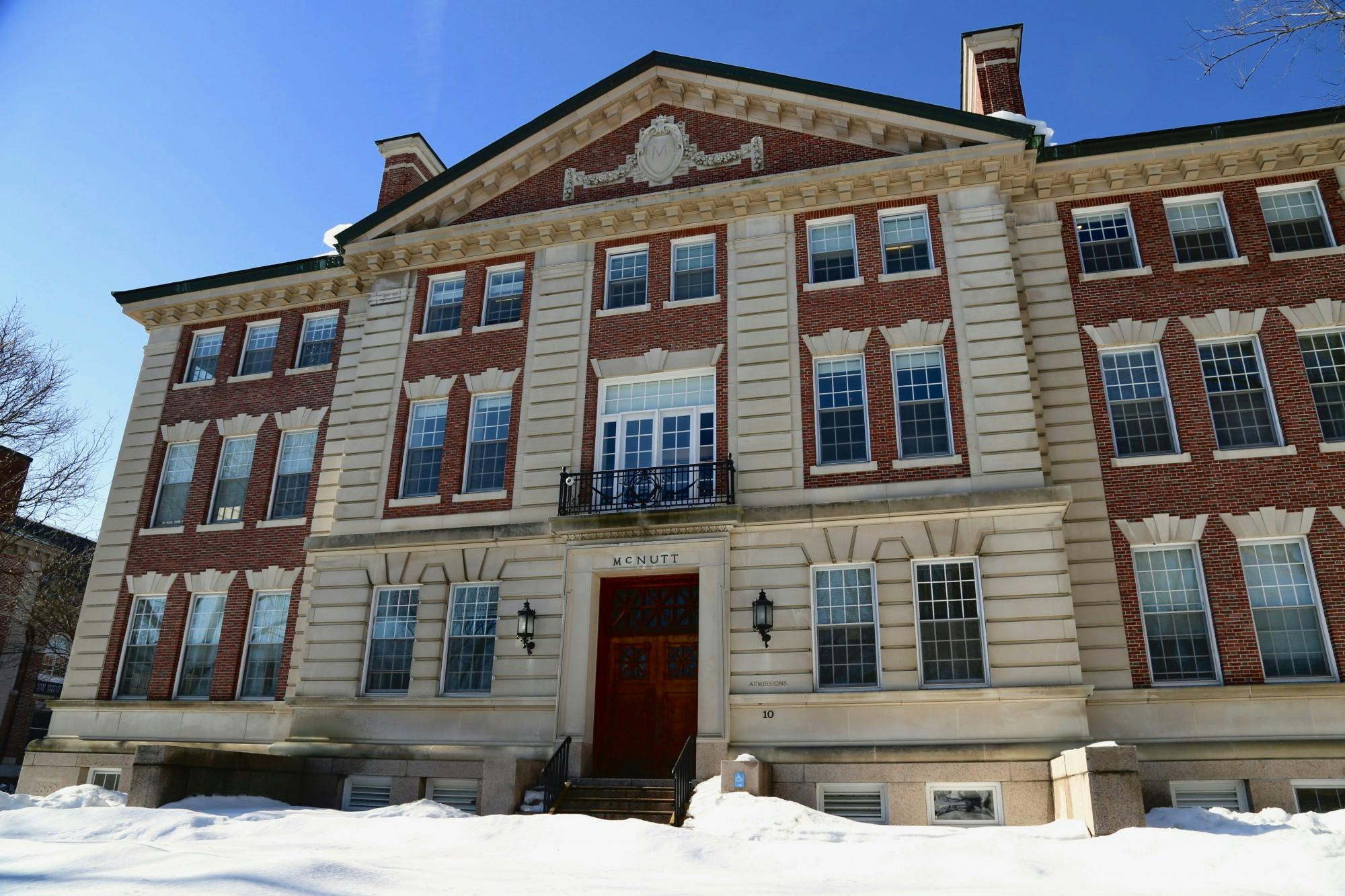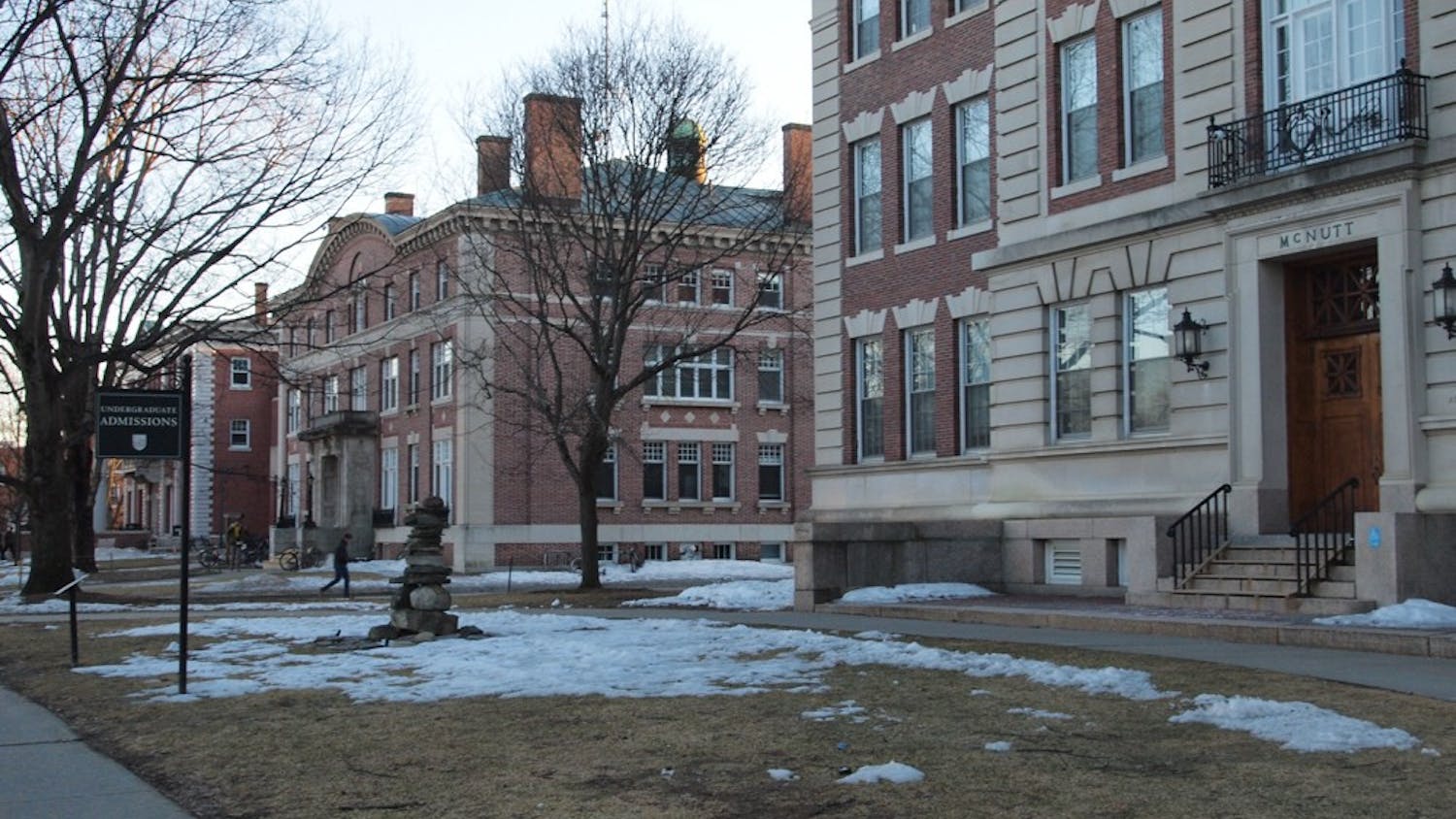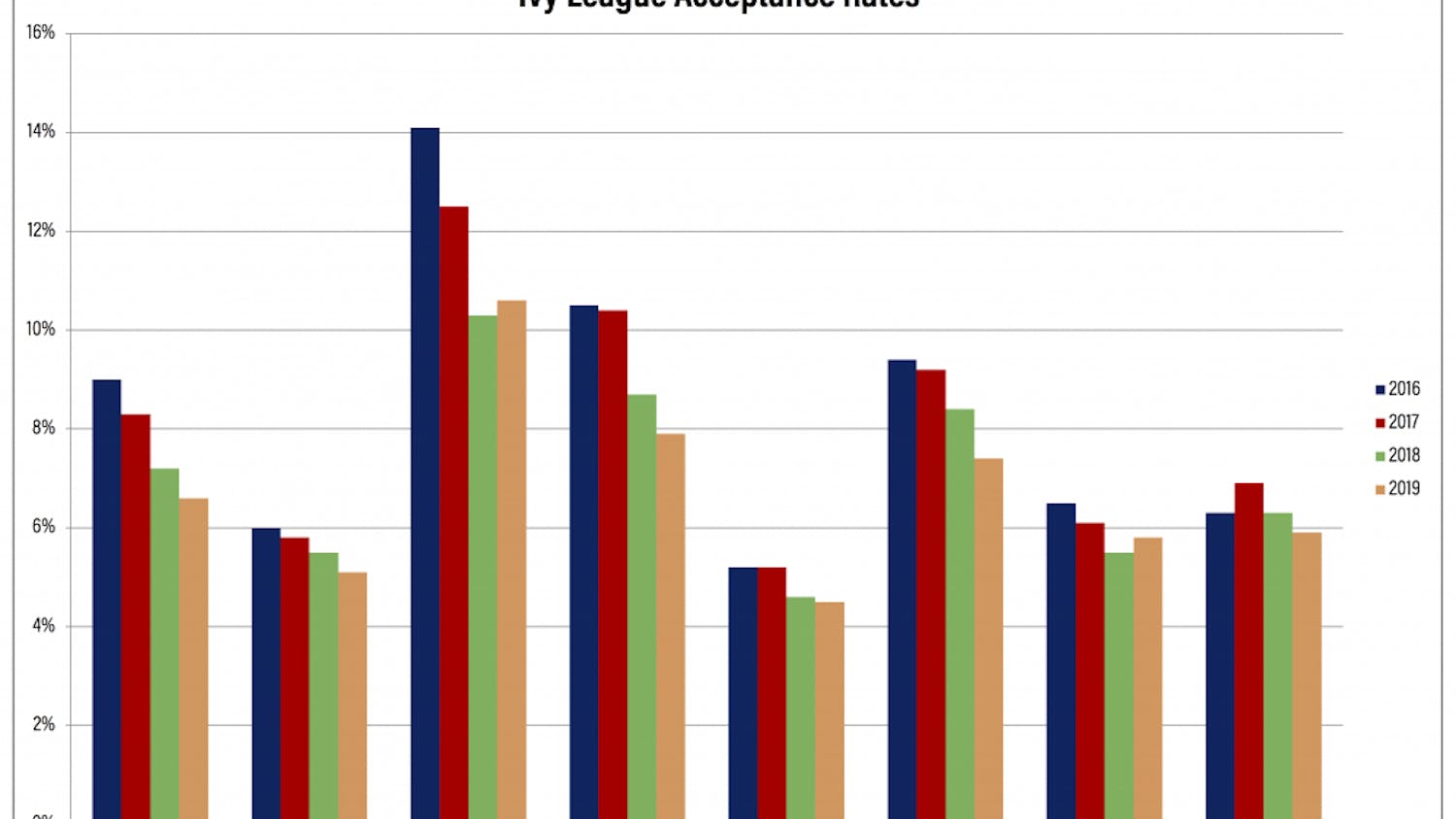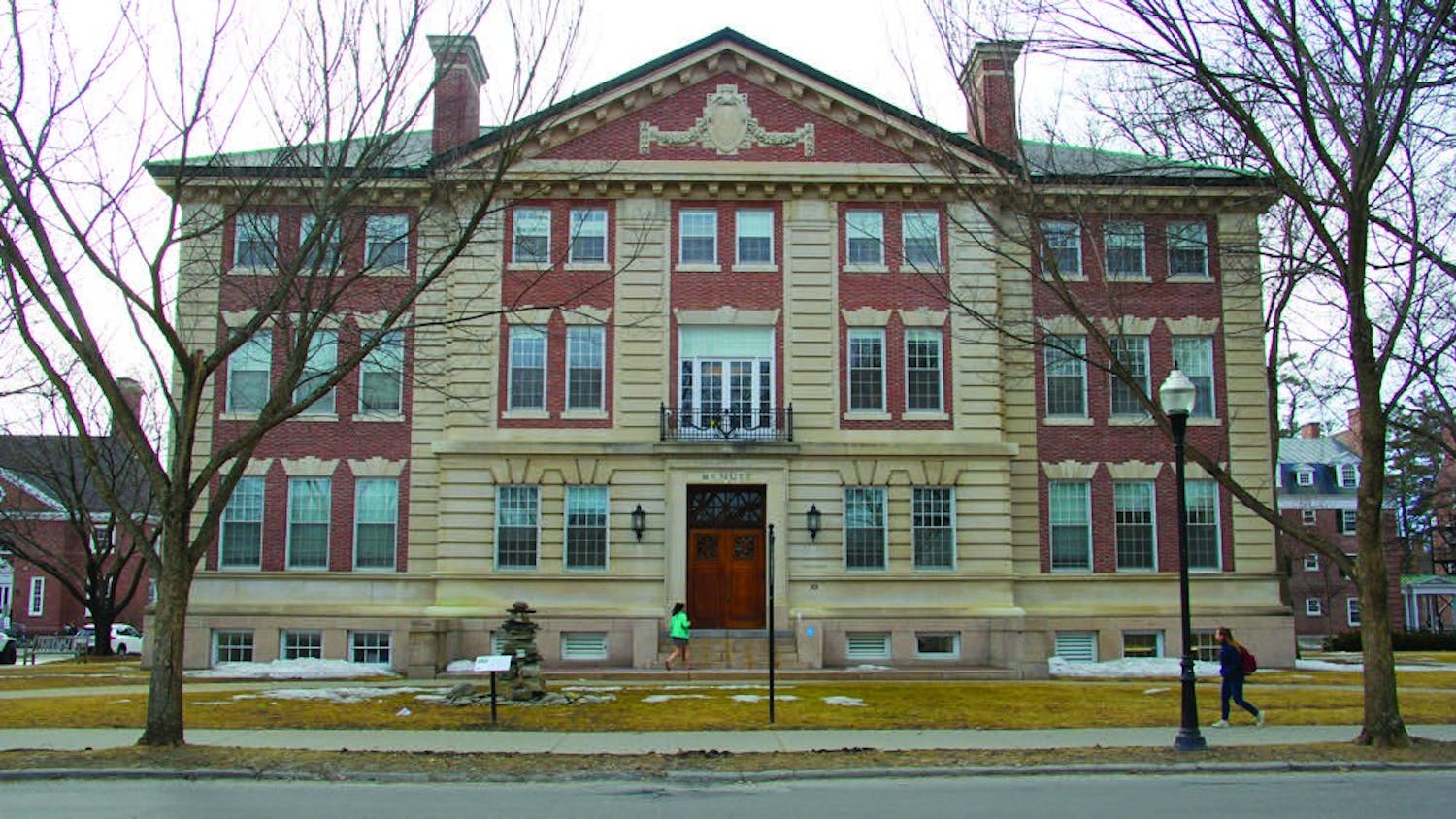Dartmouth admitted 1,881 students to the Class of 2024 on Thursday with an 8.8 percent acceptance rate — the third-lowest in the College’s history. International students comprise a record-high 14 percent of the accepted cohort, up from 12 percent for the Class of 2023.
Vice provost for enrollment and dean of admissions and financial aid Lee Coffin described the regular decision acceptance announcements as a “sign of normalcy in a very un-normal moment,” in light of the COVID-19 pandemic. He said that he and a few other admissions office employees came into work in-person earlier this week to print and sign letters for the admitted students while donning latex gloves.
The cohort of admitted ’24s includes students from all 50 states. The highest number of accepted students hails from California, followed by New York, Massachusetts, Florida and then Texas, Coffin said.
Among international students, who represent 71 countries, a majority comes from the United Kingdom, followed by China, Canada, India and Turkey, according to Coffin.
According to Coffin, the College will allocate a record-high $46 million to financial aid, and the average scholarship will be approximately $56,000. Last year, Dartmouth reported $30 million allocated for financial aid, with an average of about $53,000 per student. However, Coffin added that this year’s numbers are not finalized, given the uncertainty of the COVID-19 pandemic.
Average test scores for the Class of 2024 were 1501 for the SAT — tying last year's record high — and 33 for the ACT, according to Coffin. He said the College expects approximately 27 percent of the accepted students to be valedictorians and salutatorians.
In December, 547 ’24s were admitted through early decision, approximately 150 of whom are student athletes, Coffin said.
While he noted that yield rates may be difficult to anticipate given the current global pandemic, Coffin stated that the College’s goal is to have an intake of 1,150 students for a 61 percent yield, as compared to last year’s intake of 1,193 students, a 64 percent yield.
Due to the impact of COVID-19, Coffin said that Dimensions of Dartmouth, an event during which admitted students can visit and experience student life on campus, will not be held in its traditional format.
Instead, he noted that the admissions office has mapped out a “very dynamic” digital plan for the next five weeks.
“We want to deliver as much of Dimensions as we can,” he said, adding that the event is an important way to “showcase Hanover” to students from around the world.
Coffin said that the admissions office has recorded a video to welcome admitted students, and that he will hold virtual campus tours. The admissions office is also talking to professors about holding mock classes for admitted students on Zoom, he said.
Amogh Pande, a student admitted through regular decision to the Class of 2024, said that he plans to attend Dartmouth in the fall. He listed a variety of reasons for choosing the College, including its rural environment and its emphasis on undergraduate education. Pande added that he liked that Dartmouth “is a college, not a university.”
For Pande, a regular decision accepted student from Seattle, COVID-19 altered the nature of his decision-making process.
“We aren’t able to travel to schools, and most experiences are virtual,” he added. “Luckily, most of us are tech-savvy, but I do worry for individuals who don’t have access to technology.”
Kiki Levy, an early decision student from Des Moines, Iowa, said that she loves Dartmouth for its tight-knit community and resources for professional development.
“I have a startup of my own and am interested in continuing to learn about entrepreneurship,” Levy said. “There’s the Magnuson Center for Entrepreneurship, and I really took a liking to that.”
Sawyer Hall, a prospective member of the Class of 2024 from Rochester, New York, said he is interested in “farming and research related to [farming].” He visited a sustainability open house at Dartmouth as a high school sophomore, during which he visited places like the Organic Farm that he said helped him decide Dartmouth would be a good fit for him.
Hall, Levy and Pande all said they appreciated Dartmouth’s connection to the outdoors, particularly through the Dartmouth Outing Club.
Pande said that his biggest challenge in getting to know Dartmouth remotely was not being able to have face-to-face conversations with other admitted students. However, he added that he was happy to find his peers were “try[ing] to think outside the box.” For example, Pande said there was a group of ’24s making a “Dartmouth Class of 2024 Prom” Facebook page.
Coffin added that prospective students “adapt very organically” to digital conversation while parents “struggle more.” He said that outreach events may be organized specifically for parents.
The deadline for admitted students to commit to attending Dartmouth is May 1. While ’24s get acquainted with Dartmouth, Coffin said the College has begun to look ahead to the Class of 2025 and the recruitment challenges that COVID-19 will pose.




